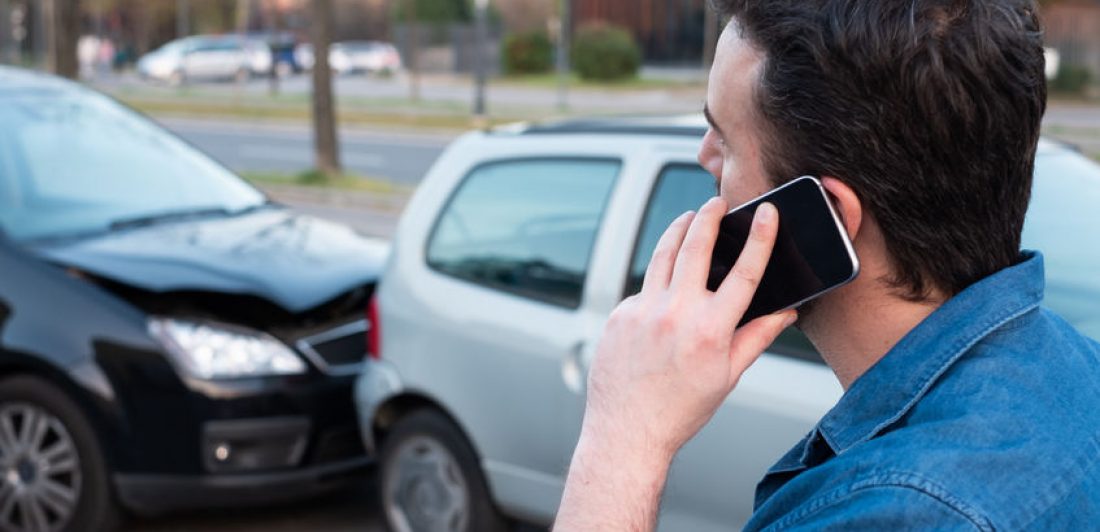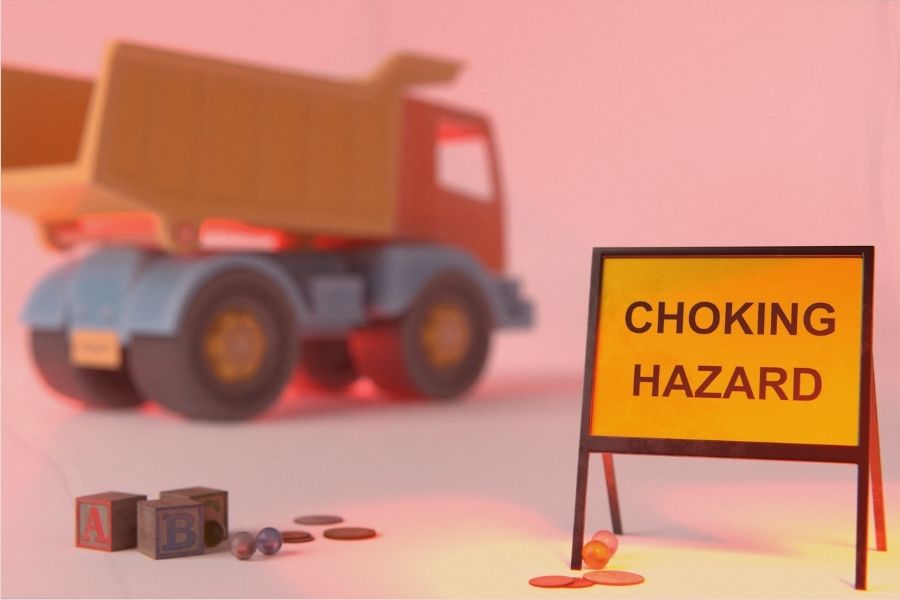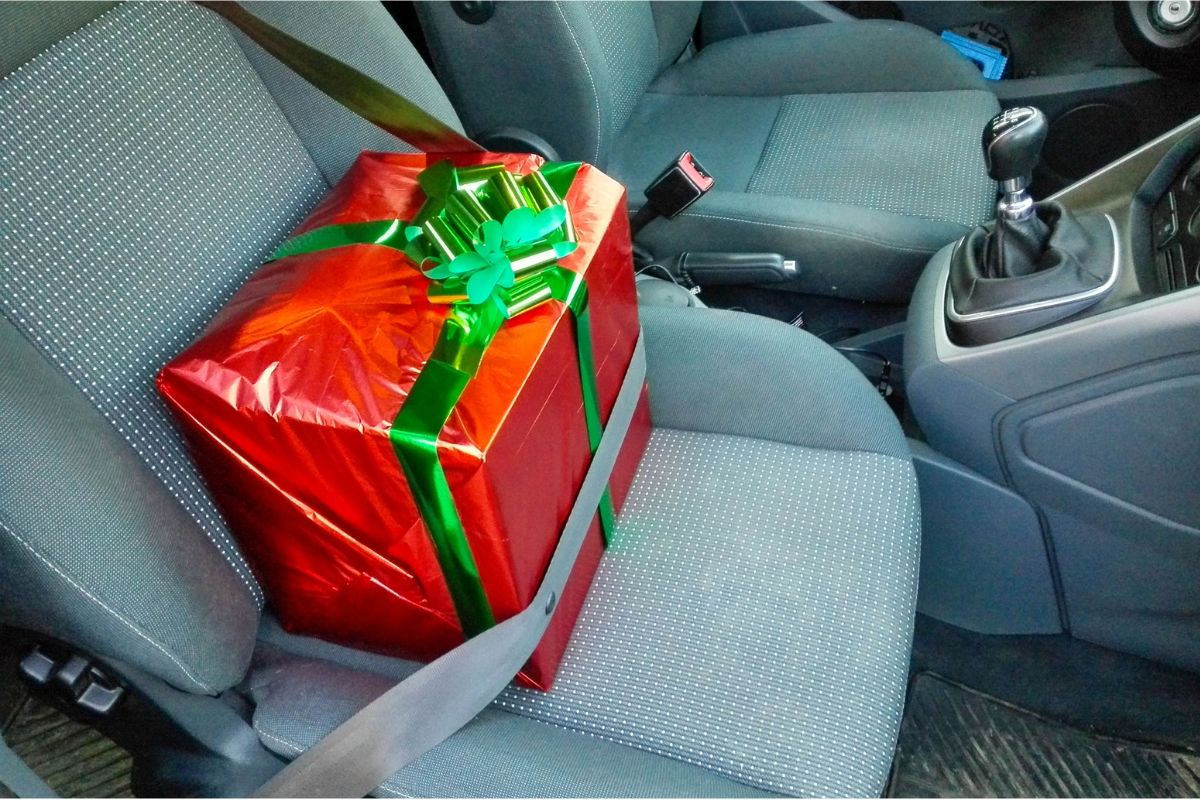Being severely injured in a car crash can devastate every aspect of your life. You may experience a range of emotions, depending on your situation—especially when the accident isn’t your fault. You have the right to feel bitter about possibly suffering injuries and property damage because of someone else’s negligence. Because of the facts present in your accident, the type of compensation available may vary. Below, we have outlined the different types of compensation you can potentially receive as part of your injury case.
What type of compensation is generally available after a crash?
When you've been injured in an auto wreck, you are generally entitled to payment for the injuries, losses and other harms you've experienced as a result of another person's negligence. The following are examples of the type of compensation you may be able to recover with the help of a car accident lawyer.
Lost income
If you are unable to work after a car accident, you may recover damages for income losses. If someone is unable to work permanently, the calculations for future expected income losses or reductions in earning capacity may be more complex. You will want an attorney with experience to navigate a complex case that will have to calculate possible future earnings.
Medical expenses
Medical bills after a car accident can include your diagnosis, hospitalization, and treatment costs. Even after your diagnostic test, you may still be required to continue taking medication, going to physical therapy sessions or other treatment plans recommended by your treating physician.
In addition, you may be able to receive compensation for future medical expenses. However, these types of damages may be harder to argue for. You will need a medical provider, to persuade the insurance company that you need procedures performed in the future to heal your injuries sustained in the car accident.
Pain and suffering
Injured victims may experience physical pain from their injury after a car accident for life. Dealing with chronic pain can lead to lifelong suffering. On an emotional level, a disability, temporary or permanent, may cause the victim to suffer mental anguish, such as depression, anxiety, or any other emotion caused by the injury.
Property damage
Being in a car accident will most likely mean that your vehicle needs to be fixed. Even if you pay for your car insurance, you will pay a deductible. However, if you weren’t at fault, an attorney can help you hold the other party accountable so that you aren’t paying out of pocket, or receive a reimbursement for repairs you already paid for.
Punitive damages
Generally, punitive damages may be awarded to the injured party that is intended to punish the wrongdoer. The defendant must’ve been careless when the accident happened, for example, driving under the influence or a hit and run. It's important to contact an injury attorney to discuss the damages you may be entitled to.
What do I do after a car crash that’s not my fault?
First and foremost, if you are injured, do not attempt to handle an insurance claim after your car accident on your own. You need a skilled injury attorney to negotiate with the insurance company. Often, injured victims think they know what they're doing, but they may sign their rights away or say the wrong thing that can give the insurance company the ammo to devalue or deny their claim. When you're hurt after an auto crash, call a car accident attorney to handle your claim as soon as possible.
A car crash can happen to even the road's most careful drivers. If you are the victim of a negligent driver, you should know what to do after a car accident that’s not your fault. Here are a couple of steps to keep in mind after a crash.
Ensure your safety
If you were hit on a dangerous road, if you are able to do so, take steps to prevent further damage or injuries, such as:
- Moving your vehicle out of traffic.
- Making sure to turn your hazard lights.
- Checking for injuries among you and your passengers.
Move your vehicle out of traffic, but don’t drive away from the accident scene. If the other driver drives off, stay at the scene and follow the rest of the steps. If someone is injured, call 911.
Call the police
If no one requires medical care, call the police. There are a lot of benefits for the driver not-at-fault. The police report will be part of your insurance claim, with necessary information regarding where and when the accident happened, the drivers involved, and each driver’s account of the crash. Some insurance companies require you to submit a police report to complete a claim.
Gather information and evidence
Trade information with the other driver involved in the collision. While driver at-fault should report the accident to their insurance, you can’t count on them following through for you to receive compensation. Therefore, you must take matters into your own hands if you want to recover expenses like car repairs or medical bills.
Information you should gather from the at-fault driver include:
- Name, address, and phone number
- Insurance company contact information and policy number
- The driver’s license number
- Their car’s license plate number
Be mindful of your interactions with others
Be careful when interacting with the other driver. Whatever you tell the other driver can be interpreted by the adjuster as admitting or implying fault such as:
- “I am perfectly fine.”
- “I’m sorry.”
The other driver could tell their insurance company about these statements, leading the insurance company to diminish or delay your compensation by disputing the at-fault insured.
Contact your insurance company
Even if it’s not your fault, you need to get in contact with your insurance company. In most cases, the at-fault person’s insurance company will repay you for your property damage and injuries. However, there may be cases in which the other party’s insurance may later claim that you were at fault. This is when your insurance company will need your version of the accident and supporting evidence to challenge the other insurance.
Seek medical attention after the accident
Even if you don’t believe that you were injured, you should still seek medical attention. At times, injuries may present themselves hours, days, or weeks after the accident. Document your symptoms to have a better explanation when you visit your health care professional. Be honest with your symptoms, as there will be times in which insurance companies may accuse you of exaggerating or lying about your injuries. Have medical records will help support your injury claim.
The Carlson Law Firm can Help
At The Carlson Law Firm, we have over 40 years of experience and the resources to help you with your case and get you the compensation you deserve. We want you to make sure your rights are protected. Contact us for a free consultation to evaluate your case and discuss your legal options. We care, we can help.




